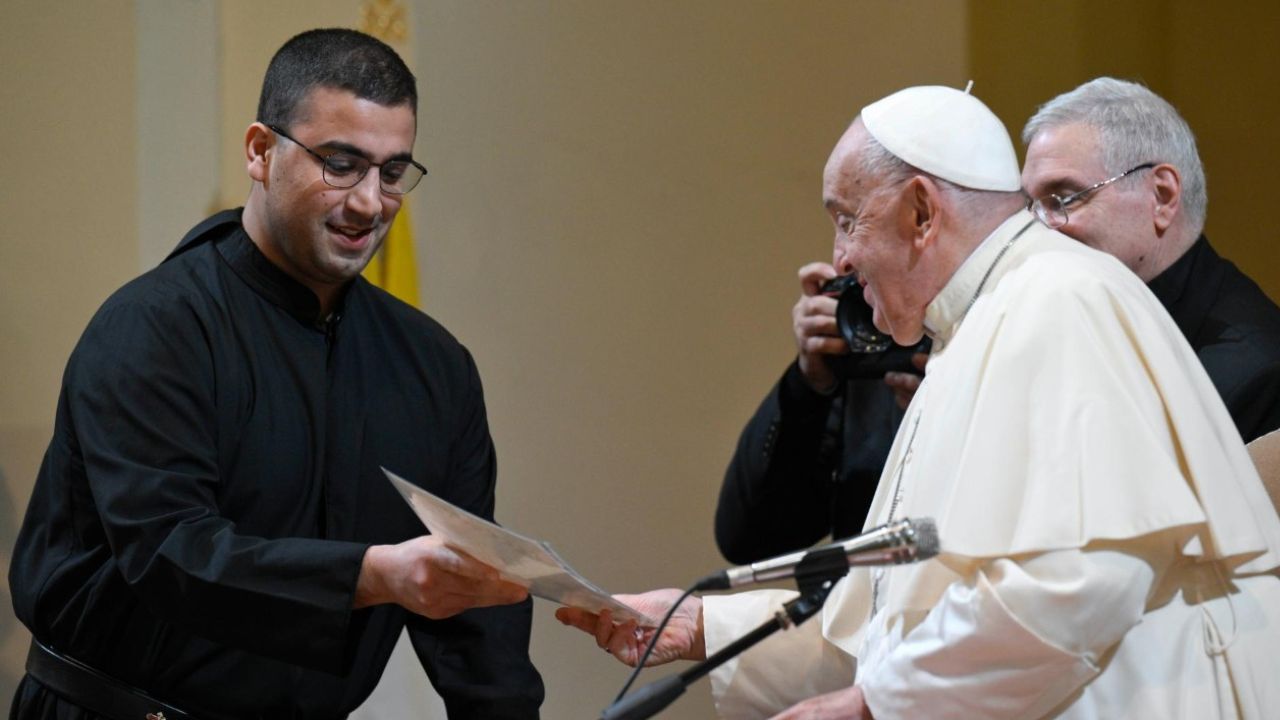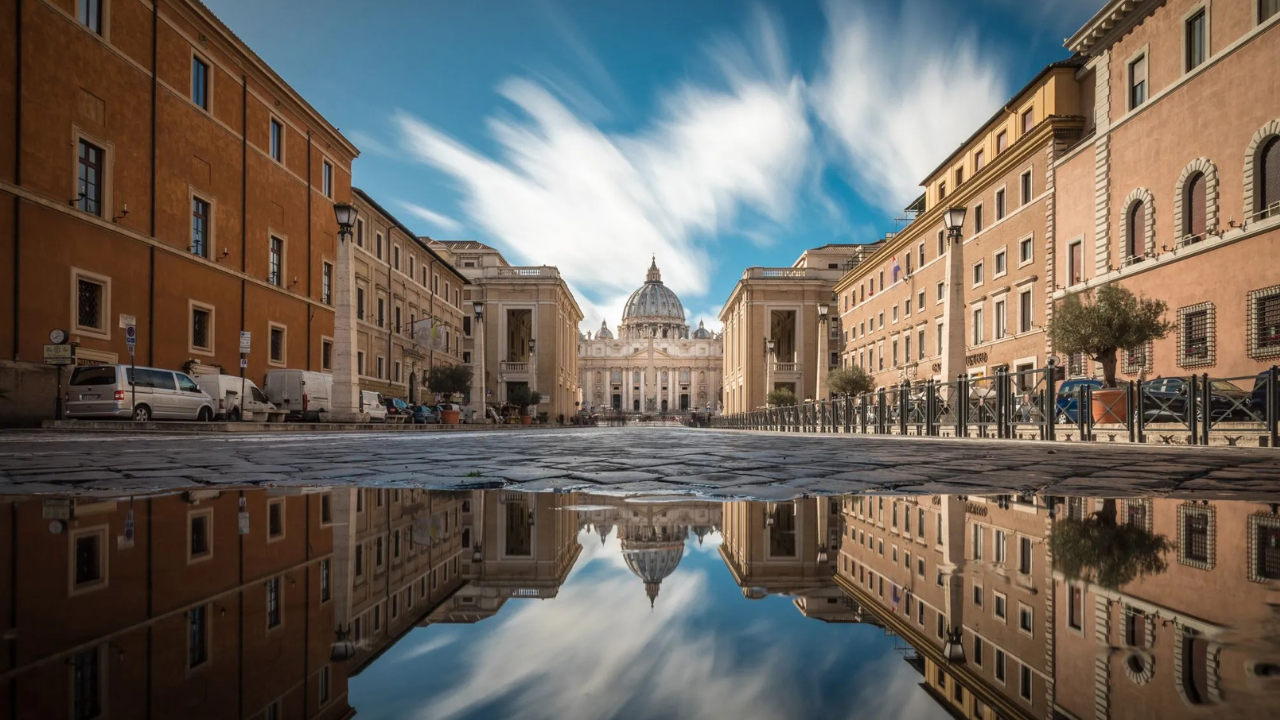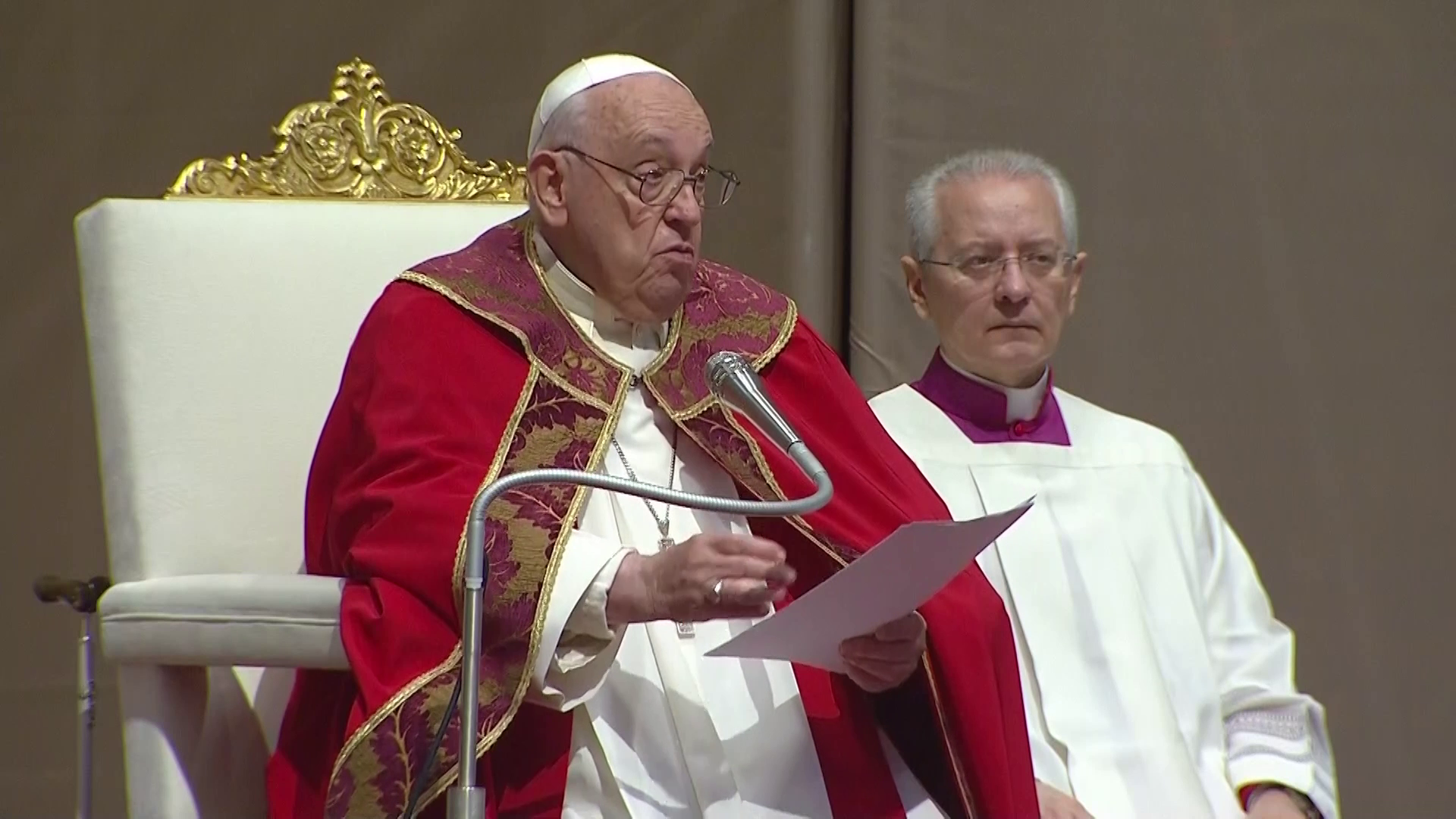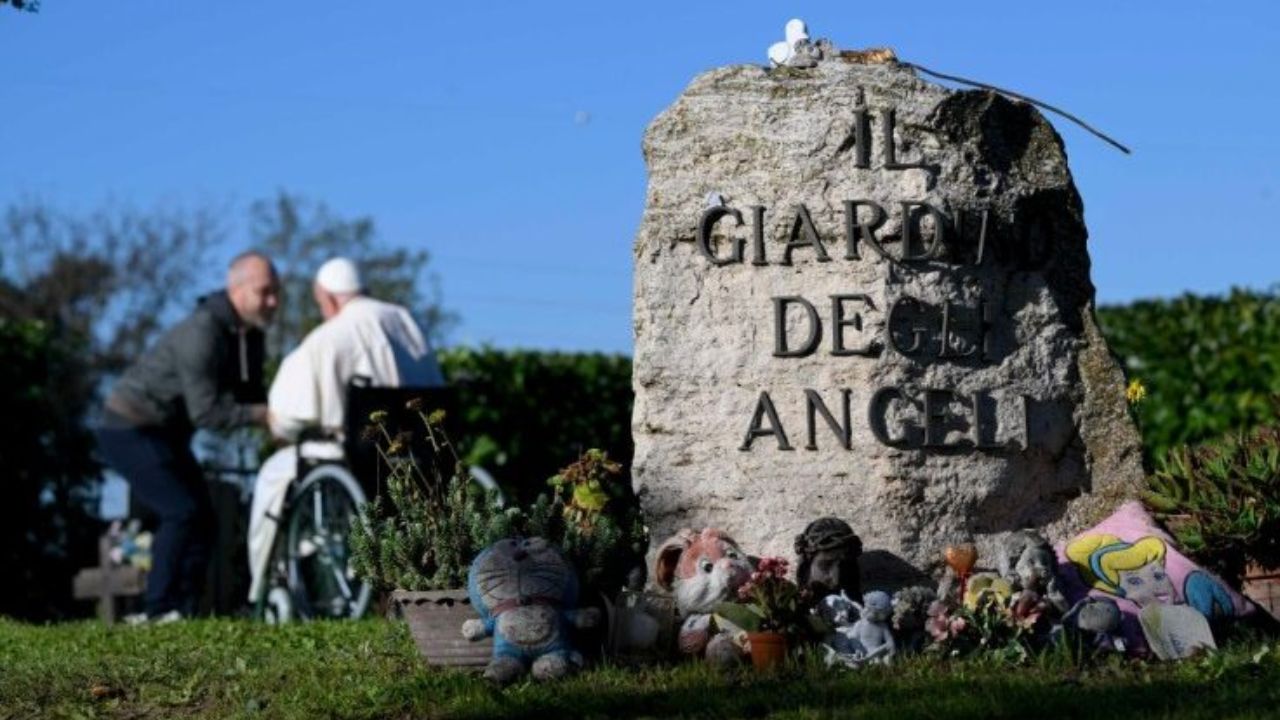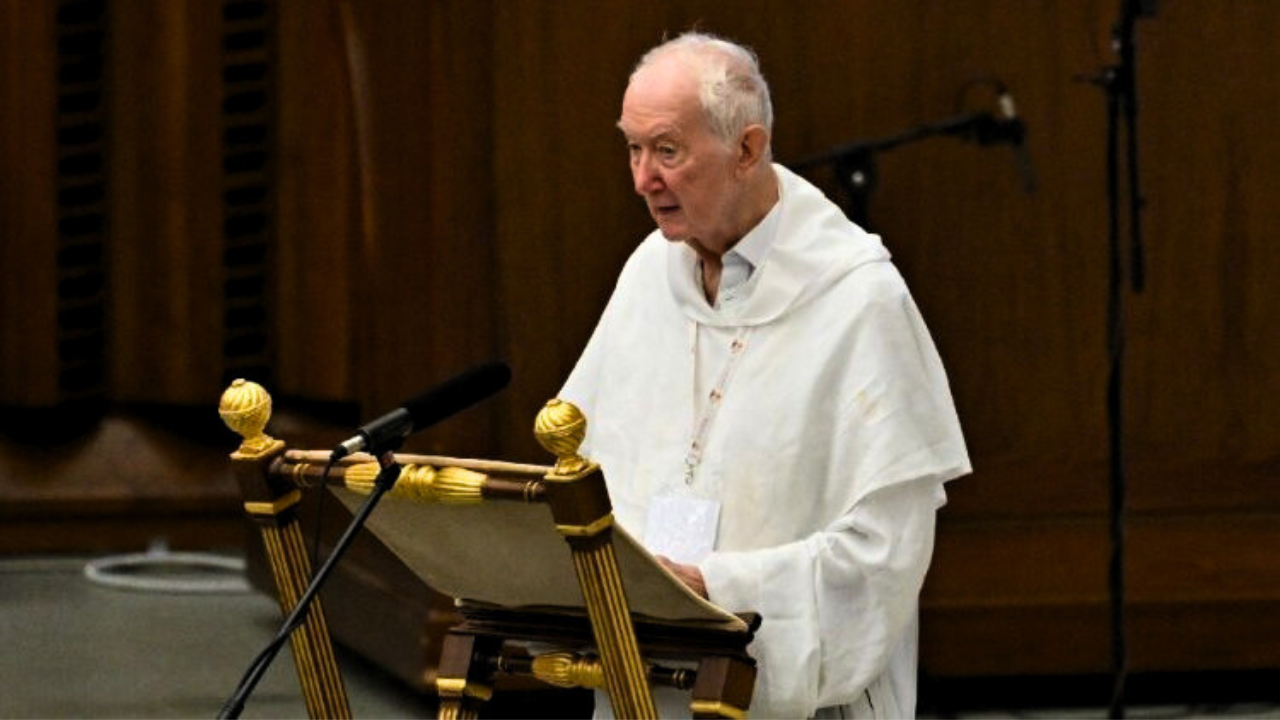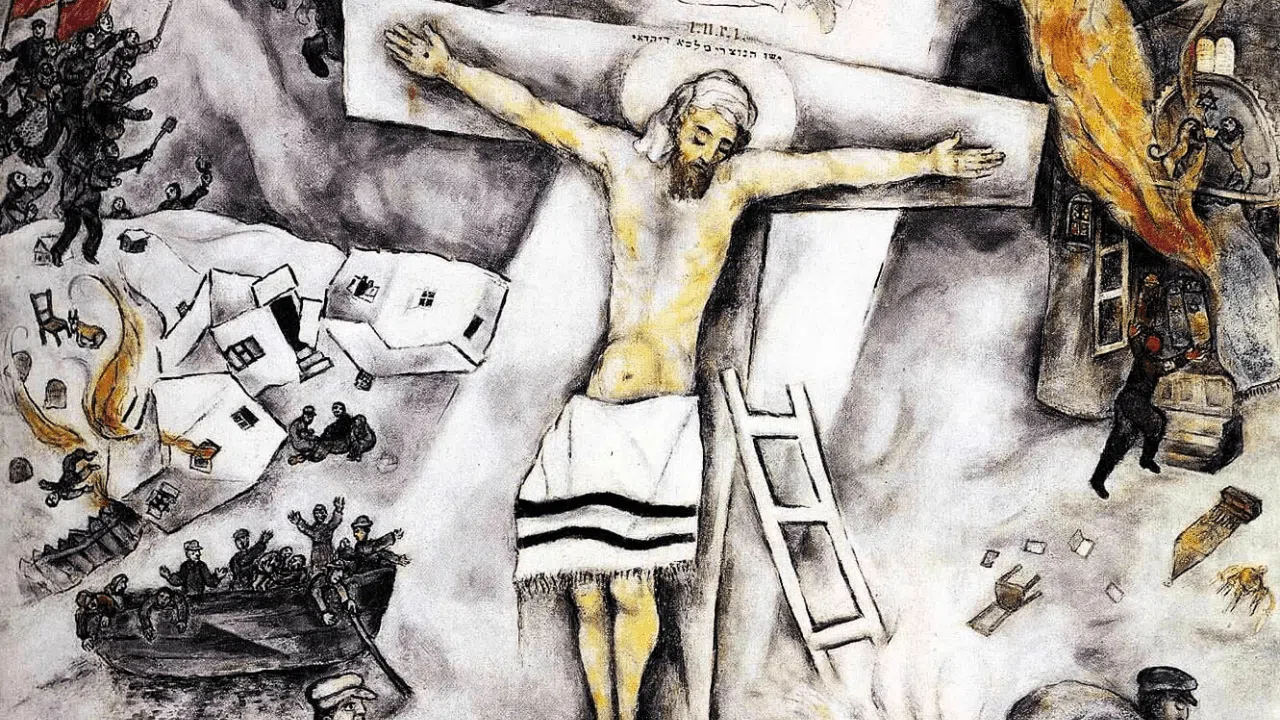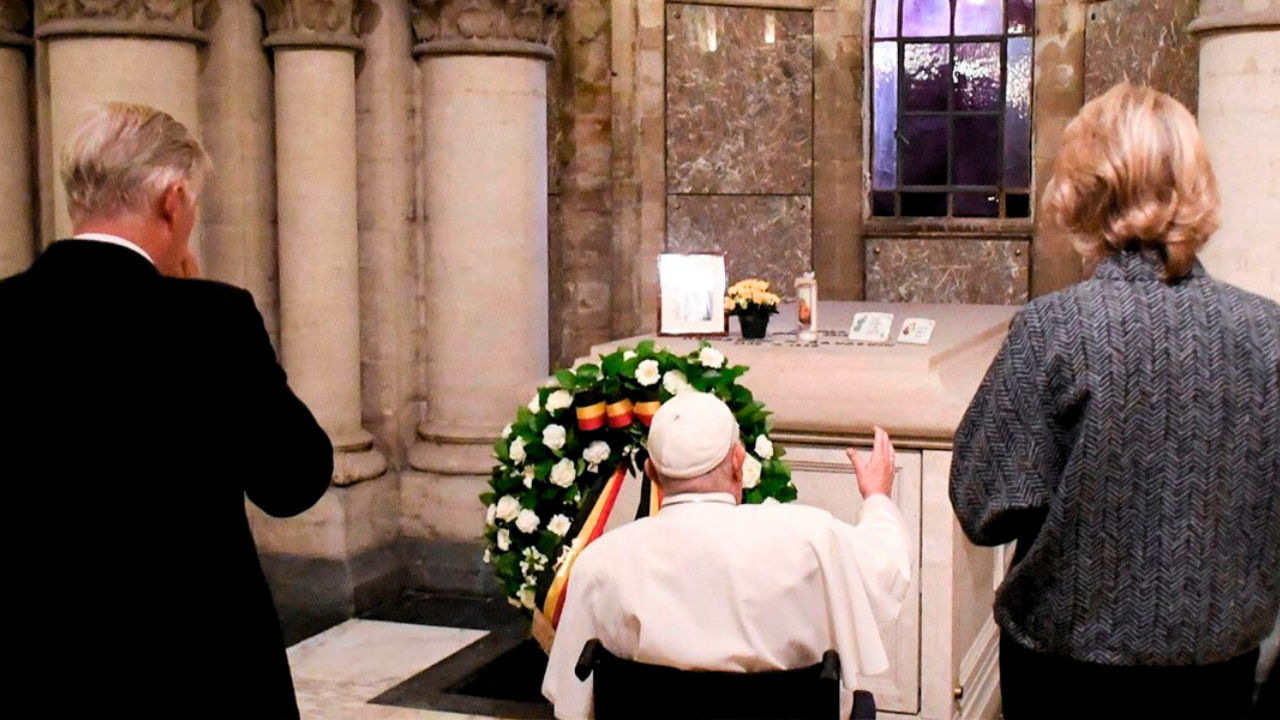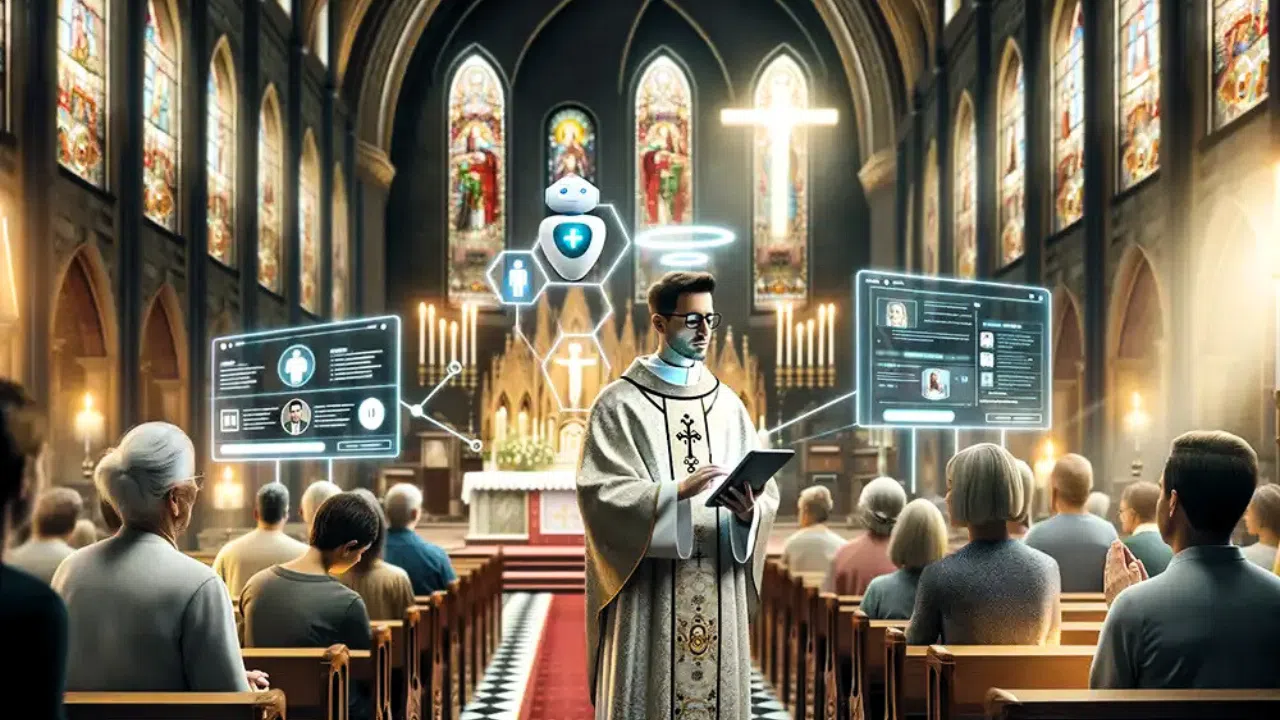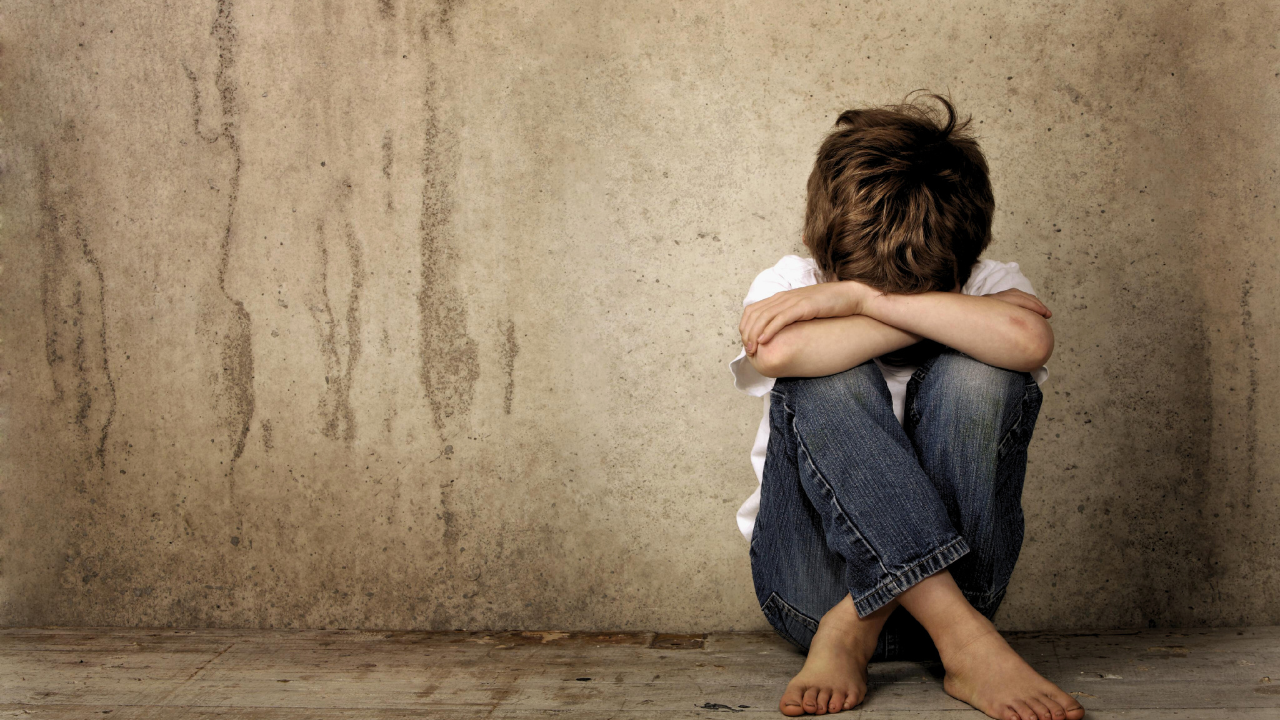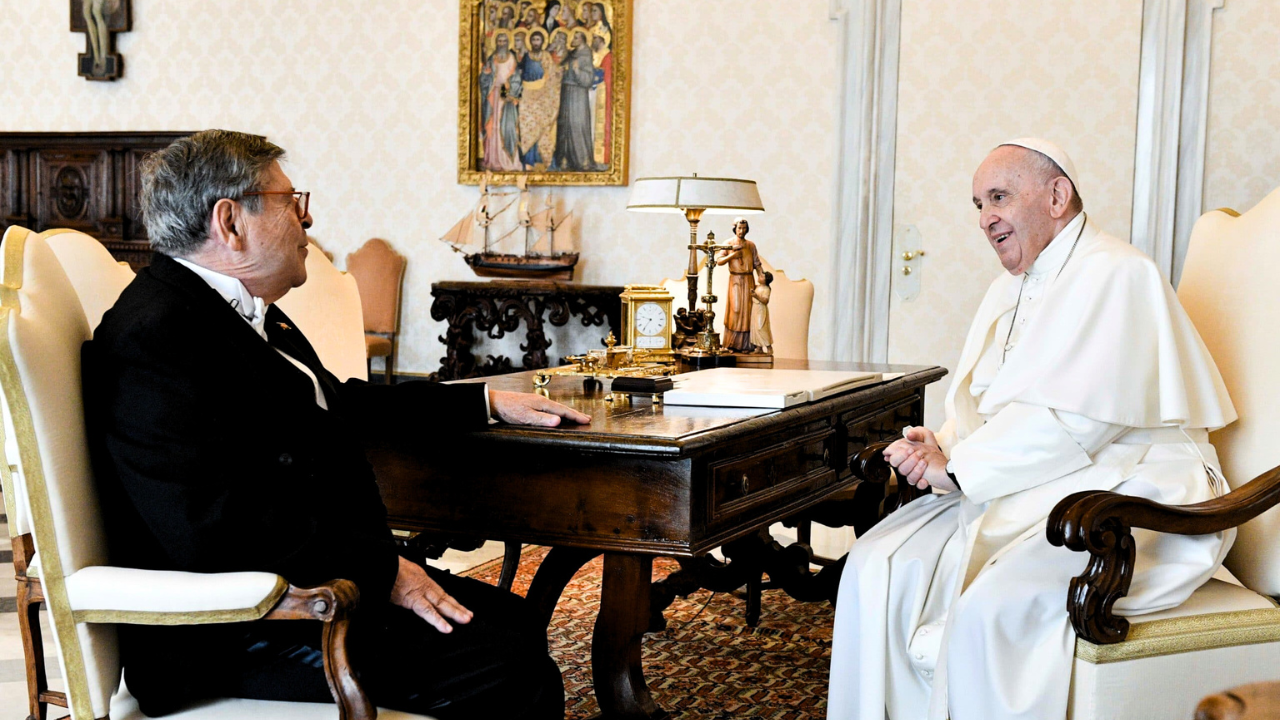After years of restoration, the first imperial palace dating back to the 1st century AD is open to tourists.
AURA PICCHIONE
Architect, Archeological Park of the Colosseum
We are in the most important imperial palace in the entire central area of Rome, the entire central archeological area of Rome because for centuries, it was the seat of the administrative power or the bureaucratic head of the entire Roman empire.
This ancient Roman building, called Domus Tiberiana, is part of the Forum that includes rooms where the emperors lived, gardens and places of worship. It was used as an imperial palace until the 7th century when Pope John VII used it as a papal palace. And while it has had many uses, it served as a silent testimony to the power of Rome.
AURA PICCHIONE
Architect, Archeological Park of the Colosseum
Clearly, it was an important display of power because even today, we still see from the Forum the images that Domus Tiberiana gives us, that it is an image of great power, that we can see through this grandiose structure that dominates the Roman Forum.
Opening the palace to the public connects the Roman Forum to the Palatine hill—one of the seven hills of Rome. The palace has one of the best views of the Forum and it lets tourists walk the same paths as emperors like Hadrian and Nero and get a glimpse into life two millenia ago.
AURA PICCHIONE
Architect, Archeological Park of the Colosseum
Not only then is it possible to visit the monument but it is also possible to visit the countless artifacts that are set up within it. Because the choice of the park was to make a permanent museum inside the park that houses some of the most important archaeological artifacts that have been of found during the research of excavations from 1980 until 2020.
This opening is part of the Colosseum Archaeological Park's initiative to restore public access to spaces that had been closed and enable tourists to dive into the rich history of ancient Rome.
KG
